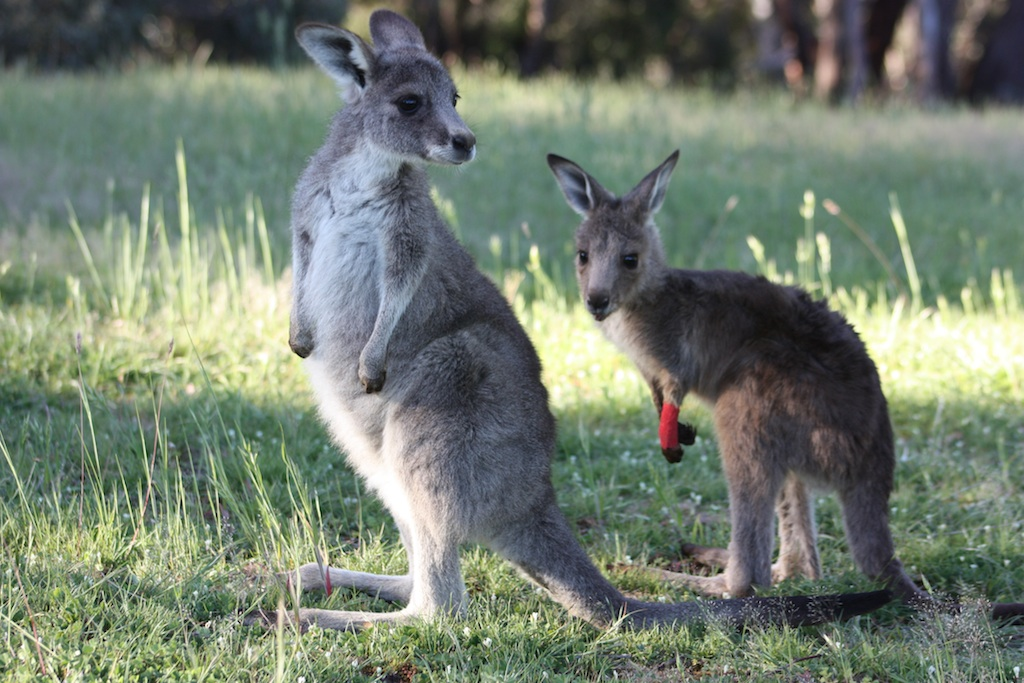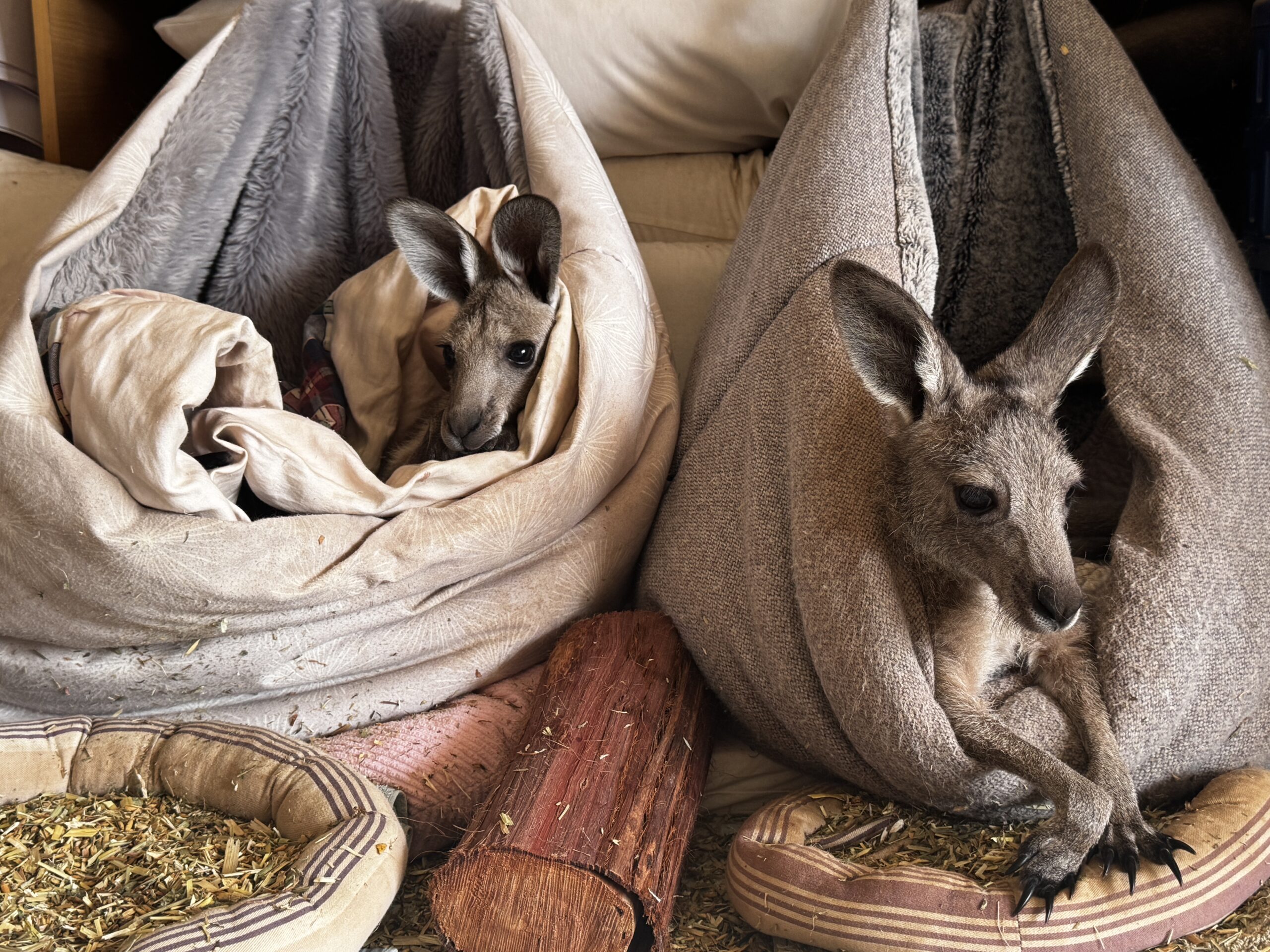Data on NSW licencing reveal the extent of Government-sanctioned destruction of native animals in the state | Conservation groups and wildlife carers to provide evidence of the extent of cruelty at inquiry into licensed killing SYDNEY (5 February, 2026)—Humane World for Animals Australia (previously Humane Society International Australia) will...
One of the world’s leading online retailers for high fashion has joined the fur-free wagon, building the momentum of our campaign to keep fur off the racks and on the backs of wild animals. Yoox Net-A-Porter (YNAP), a popular and expanding presence in the luxury fashion world with revenues of more than $2.1 billion in 2016, announced it will stop selling all items and accessories made with real animal fur. Leading fashion houses that use animal fur, including Burberry, Gucci, Michael Kors, and Prada, sell their products on YNAP websites, and we hope this fur-free announcement will send a strong signal to these and other designers about the growing consumer and industry trend away from animal fur and toward animal protection sensibilities.
The announcement follows a long-standing exchange between YNAP, The HSUS, Humane Society International, and Italy’s Anti-Vivisection League (Lega Anti Vivisezione). “Our fur free commitment announced today was inspired by a thorough and rigorous educational process with the HSUS and LAV regarding the protection of animal rights,” Matteo James Moroni, head of sustainability for Yoox Net-a-Porter, said. “With a range of initiatives, partnerships and innovations, our goal is to act as an industry-wide catalyst for change.”
The policy will cover all four YNAP online stores, including Net-A-Porter, Mr Porter, Yoox, and The Outnet, and was outlined in the company’s recent sustainability report.

Luxury companies can now opt for materials that have the same look and feel as fur but are not associated with cruelty to animals. Image: Jo-Anne McArthur/SPCA Montreal
Last month, VF Corporation, the parent company of more than two dozen popular clothing brands, including The North Face, Vans, Timberland, Wrangler, and Nautica, partnered with The HSUS and HSI to announce it too will cleanse its supply chain and all of its garments of animal fur—as well as angora and leather from exotic animals. In the past two years, I’ve announced fur-free policies for some of the top names in luxury fashion, including Hugo Boss in 2015 and Armani in 2016. Luxury fashion brands have not been known for keen attentiveness to animal welfare, and have promoted tradition and exclusivity while subordinating any meaningful focus or active concern for animals. But the availability of improved faux fur materials is upending that complacency, along with growing public consciousness about animals. Luxury companies can now opt for materials that have the same look and feel as fur but are not associated with cruelty to animals. As more and more companies opt for animal-friendly alternatives, the quality of faux fur materials will only get better.
We applaud YNAP for heeding its consumers’ changing needs and moving away from an industry built on the abuse and suffering of millions of animals. At a time when we have functionally equivalent or superior options to wearing real fur, there’s just no excuse for killing wild animals for these purposes. We can make better choices, and everybody wins.


